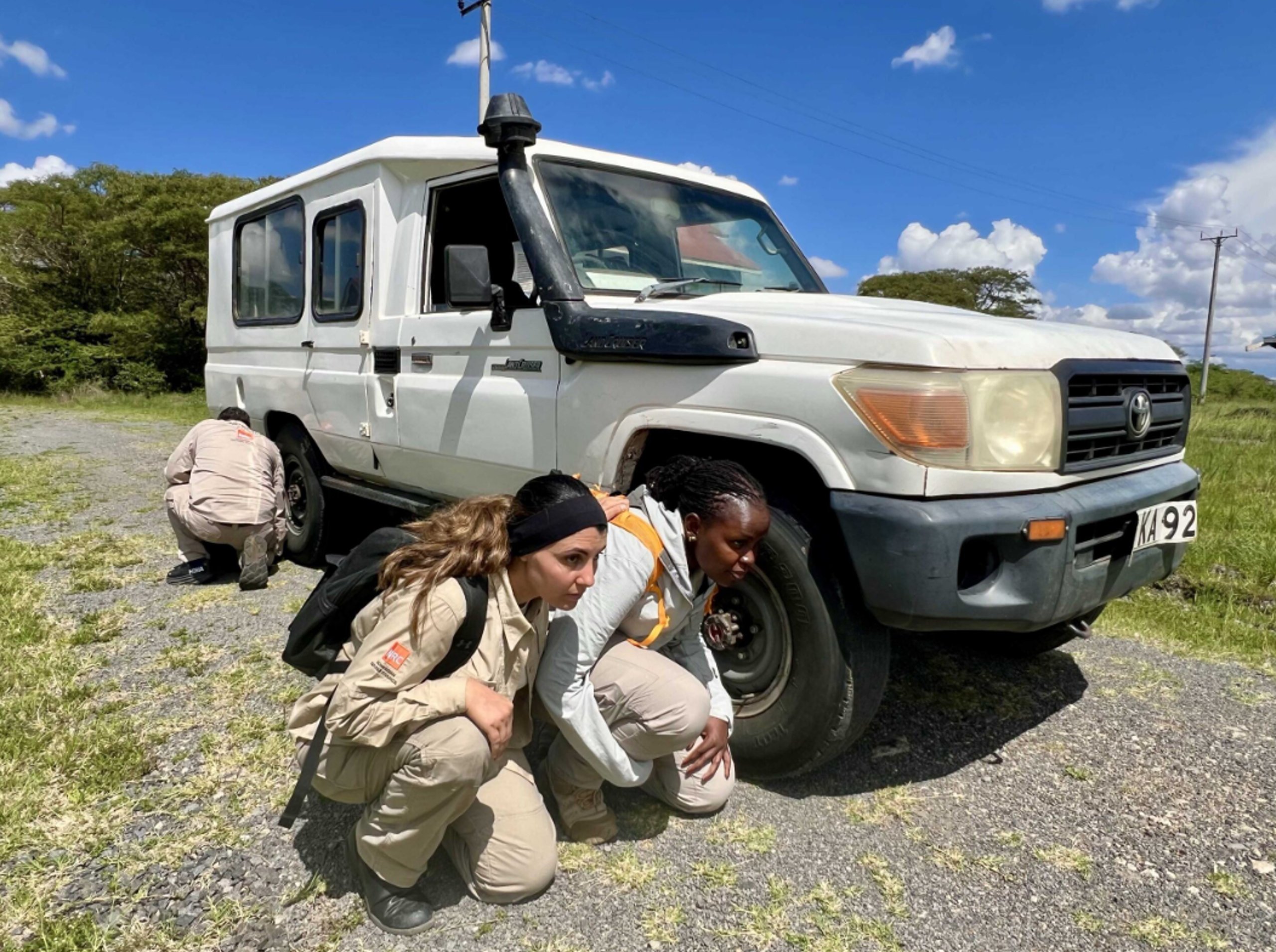What is HEAT?
Kidnappings. Bombings. Violent crime. On the frontlines, aid workers and other expats face many dangers. To protect themselves and the people they serve, they must be able to navigate difficult circumstances.
PowerPoints and regular trainings just don’t work, because they don’t store these types of skills in the part of the brain that is active during high-stress events. Hostile Environment Awareness training (HEAT) is a form of high fidelity stress exposure training that combines theory with high-stress and highly realistic simulation training. This is a well-researched concept in the field of psychology that is commonly used to train people working in high stress environments, like airline pilots and first responders.
NRC’s HEAT training follows this training methodology.
NRC’s HEAT training
For nearly a decade, NRC has remained a global leader in the provision of HEAT training to humanitarians. We are the sole provider of HEAT for non-profit organisations in Norway, and demand for our HEAT training continues to increase.
NRC’s HEAT training provides participants with the required know-how and skills to deal with real time threats. The six-day training offers a mix of advanced theoretical and practical sessions of simulated exercises.
The training is gradual: starting with theory, it then moves to guided exercises to make participants comfortable with each concept. The intensity levels increase each day so that participants can practise their new skills under more realistic conditions.
By the end, participants have a firm grasp of managing:
- Basic first aid and psychological first aid
- Personal safety and security
- Safety and security mindset
- Communications equipment
- Capture and captivity
- Behaviour under fire
- Threats in the field
- Fire safety
- Basic negotiations skills
- Understanding how to build individual situational awareness in high risk environments
- Unexploded ordnance (UXO) and improvised explosive devices (IED) threats
Well over two hundred experts complete the training each year, from NRC, UN agencies, NGOs, media outlets and private sector companies.
The training team includes NRC’s global security training specialist, expert security consultants and a psychologist from the Headington Institute to ensure that the trainings are safe, highly effective, and based on the latest best practices in the field of HFSET and security risk management.
Please note: participants must have an excellent command of the English language.
Creating resilient field-teams
As the risks increase, so does the need for safety.
Our teams on the ground must have the savvy they need to access, remain, and deliver assistance in conflict zones. Our HEAT training is an effective way to ensure that they know how to cope with traumas in dangerous areas.
Providing safe, high quality and affordable HEAT training remains an integral part of NRC's security risk management programme. It's crucial that the colleagues we send to the frontlines have the security training they need and deserve. For NRC international staff deployed to medium- or high-risk countries, this training is mandatory within the first six months of their assignment.


